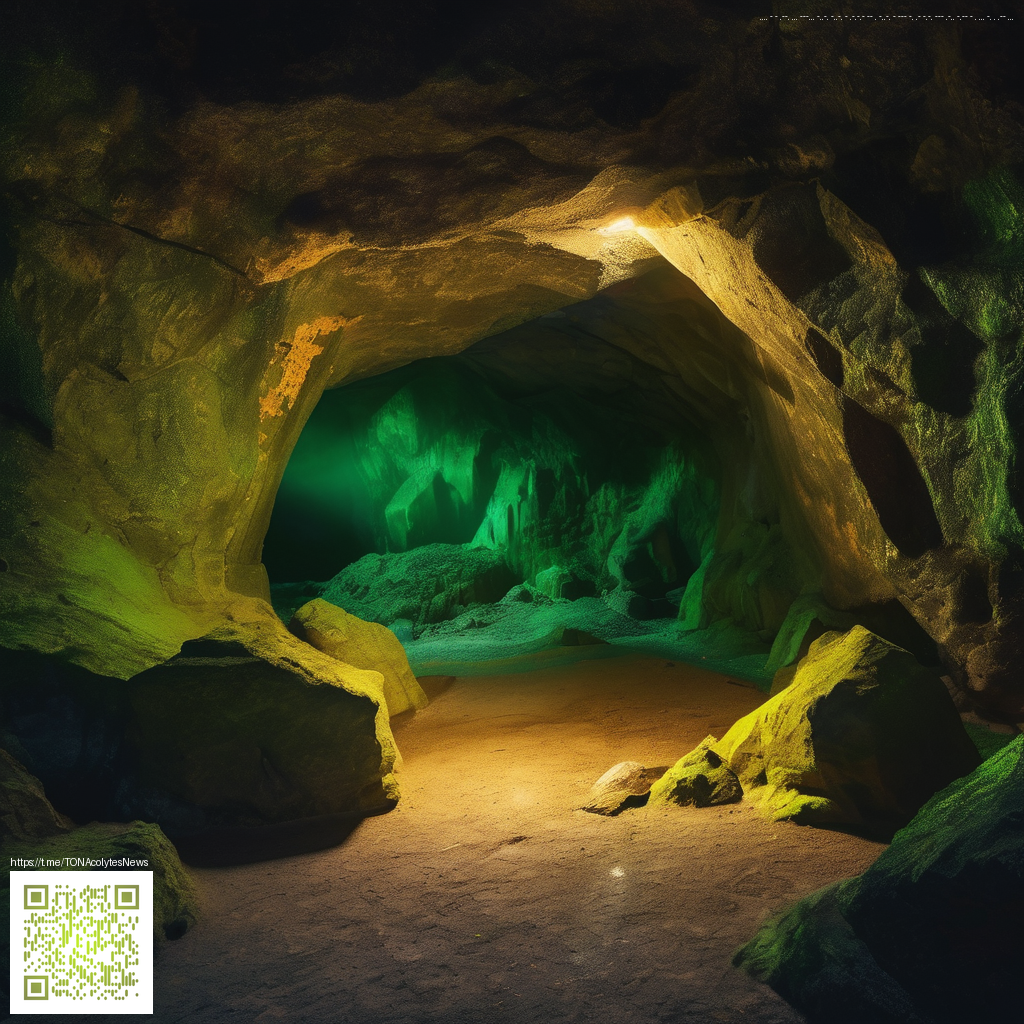
VR Overview for Old School RuneScape
The idea of stepping into Gielinor through virtual reality sparks a perfect blend of nostalgia and adrenaline for fans who grew up grinding skellies and banking on a private server grind. While there is no official VR support announced by the developers, the conversation around VR in Old School RuneScape remains a hot topic in the community. Enthusiasts wonder what a VR mode could look like, how it would feel to wield a real time weapon in OSRS style combat, and whether the social vibe of the game would translate into immersive multiplayer sessions 🎮
Feasibility at a glance
Turning a browser or desktop MMO into a VR experience is not a quick port job. The core challenges are depth of UI, diverse combat systems, and the sheer scale of the world. In a practical sense, a VR adaptation would likely begin with a contained experiment rather than a full game modes launch. Think a compact VR dungeon crawl or a set of minigames that capture the spirit of OSRS without remaking every quest and skill from the ground up 🕹️
Hardware realities also matter. Modern headsets demand comfortable, low motion sickness designs, precise tracking, and efficient rendering. OSRS players lean on quick menu management and fast inventory maneuvers, and translating those flows into VR would require thoughtful input schemes. A teleport or snap-turn locomotion option would likely be essential to keep players from feeling off balance, while still preserving the strategic bite of combat and skilling. The good news is that early prototypes in other retro inspired titles show that retro aesthetics can shine in VR when UI scales gracefully and motion is predictable 🔧
Gameplay implications in VR
In VR, the heartbeat of OSRS could shift from click to gesture. Basic combat could be reimagined as a mix of aiming with motion controllers and timing with hand motions, while spell casting or ranged actions become physical motions rather than menu selections. Inventory and banking would demand new UI paradigms, perhaps a radial menu or floating panels that players summon with a glance or a quick gesture. The risk here is cognitive load; OSRS players are accustomed to rapid menu navigation, and any delay or awkward control scheme can dampen the flow that defines old school nostalgia ⚔️
Quests and minigames offer fertile ground for VR experiments. A mini dungeon crawl with friendly pacing could teach players how to adapt to room scale without overwhelming them. Social spaces like the Grand Exchange or clan halls could become tech demos for social VR features, letting players trade, chat, and strategize in a shared headset space. But scaling these experiences to support dozens of players in a single scene while keeping latency low presents a non trivial engineering hurdle 🧭
Community experiments and modding culture
Fans have long been the experimental engine behind OSRS community trends. In a VR context, expect fan led projects to explore different locomotion systems, motion controlled combat silhouettes, and UI overlays that preserve the classic art style. Modders who enjoy pushing boundaries might craft experimental VR wrappers that render OSRS assets in a stylized, comfort friendly way. Even if these are proof of concept projects, they drive valuable feedback about what players desire in a tentative VR OSRS experience 🎨
From a community standpoint, there is also a discussion about accessibility. VR has the potential to broaden who can experience classic content by offering alternative control methods and more intuitive navigation. At the same time, it introduces new barriers such as headset availability and comfort. The balancing act for any official or semi official VR initiative would be to preserve the retro charm while weaving in modern comfort without losing the bite that defines old school mechanics 🎯
Developer perspective and design constraints
Official statements from the studio behind Old School RuneScape emphasize sustainable updates that respect the game’s established feel. A VR expansion would demand a long term plan, substantial budget, and clear player value. Core concerns would include preserving the game’s art direction in a 3D space, maintaining familiar progression pacing, and preventing any form of advantage or exploit that VR might unintentionally introduce. In practice, a measured approach could begin with a small experimental patch, followed by broader testing with selected communities to gather feedback before any public release 🔎
“A VR OSRS would hinge on comfort and clarity over spectacle”
That sentiment rings true because the elegance of Old School RuneScape lies in its mechanics and its social glue, not just its visuals. Developers would likely pursue a modest feature set initially, focusing on a few iconic activities such as combat skirmishes, cooperative dungeon runs, and a simplified trading scenario. If these prove engaging, a measured expansion could follow, always with a mind to performance and accessibility. The conversation continues to evolve as headset tech improves and players share hands on impressions with each experimental release 🎮
For now, the VR prospect remains an exciting speculative space that highlights how timeless design can intersect with new tech. Whether a fully fledged VR mode lands, or an improvised VR demo surfaces at a fan event, the core appeal endures — the chance to relive classic adventures through fresh eyes and responsive motion 🎯🔥
Curious minds will want to track hardware readiness, comfort features, and UI innovations that could shape such a path. In the meantime, the community keeps tinkering, sharing prototypes, and dreaming up clever ways to honor the game’s unmistakable rhythm while exploring what virtual reality could bring to a world built on retro fundamentals 🧠
If you are looking for a stylish companion while you theory craft about virtual reality and OSRS, consider checking out this handy accessory that pairs well with long testing sessions. The sleek design is a nod to modern hardware while staying minimal enough to avoid distraction during epic boss fights.
Slim Glossy Phone Case for iPhone 16 Lexan PC